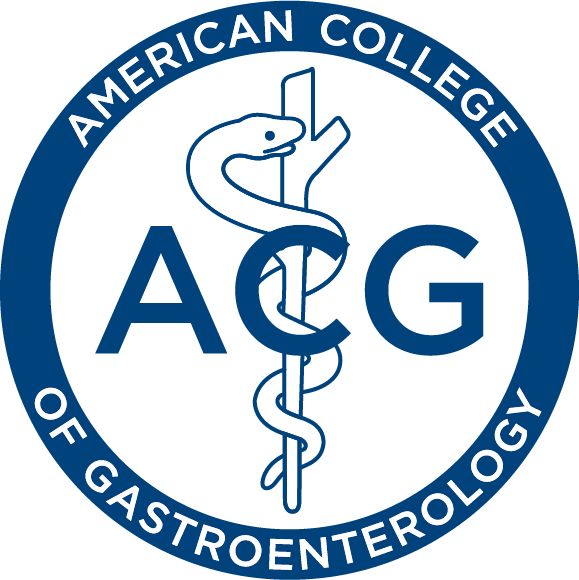Newswise — Smokers can add pre-cancerous growths in the colon to the host of increased health risks they face, according to two studies presented at the 69th Annual Scientific Meeting of the American College of Gastroenterology. Researchers at Our Lady of Mercy Medical Center examined the relationship between polyps and dietary and recreational habits as well as medications in a prospective study of 157 patients with a mean age of 55 years and found smokers faced a significant risk of developing colon polyps " precancerous growths in the colon.
The researchers gathered a range of demographic and health information, including smoking history and use of herbal and nutraceutical supplements including vitamins and minerals, among other information. Participants underwent colonoscopy screening to detect polyps and colorectal cancer.
The researchers found cigarette smokers were more likely to have polyps, to have a greater number of polyps, and to have larger polyps than non-smokers. A logistic regression analysis determined a four percent increased risk of polyps for every additional year of smoking.
Interestingly, these researchers found there was a significant association between the use of vitamin C and the absence of polyps (p=0.023). In this sample, 16 patients regularly consumed vitamin C supplements at doses equal to or more than 1000 milligrams a day and none of them had polyps.
Smoking and Polyp Location for Patients over 50 At Mercy Catholic Medical Center, researchers conducted a retrospective review of patients who underwent colonoscopy. They excluded patients with a history of colon cancer or colon surgery. Their study included 177 patients with a median age of 65 years. Of the group, 57 percent had polyps located on the left side of the colon.
When analyzed for all ages, left sided polyps showed a statistically significant association with a history of smoking. Among all ages of smokers, the chance of left-sided polyps was 2.7 times higher than among non-smokers. This association was even more significant in smokers above 50 years of age. The probability of left-sided polyps was three times greater among smokers over 50 than non-smokers over fifty. The researchers point out that future studies with better quantification of smoking history are required to evaluate this association.
The ACG was formed in 1932 to advance the scientific study and medical treatment of disorders of the gastrointestinal (GI) tract. The College promotes the highest standards in medical education and is guided by its commitment to meeting the needs of clinical gastroenterology practitioners. Consumers can get more information on GI diseases through the following ACG-sponsored programs:· 1-800-978-7666 (free brochures on common GI disorders, including ulcer, colon cancer, gallstones, and liver disease)· 1-866-IBS-RELIEF and http://www.ibsrelief.org (free educational materials)· 1-800-HRT-BURN (free brochure and video on heartburn and GERD)· http://www.acg.gi.org (ACG's Web site)
# # #
MEDIA CONTACT
Register for reporter access to contact detailsCITATIONS
American College of Gastroenterology's 69th Annual Scientific Meeting
